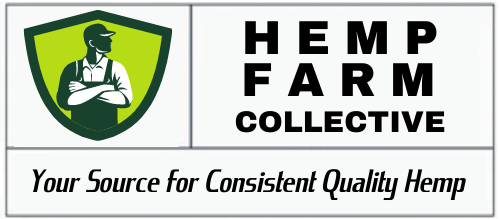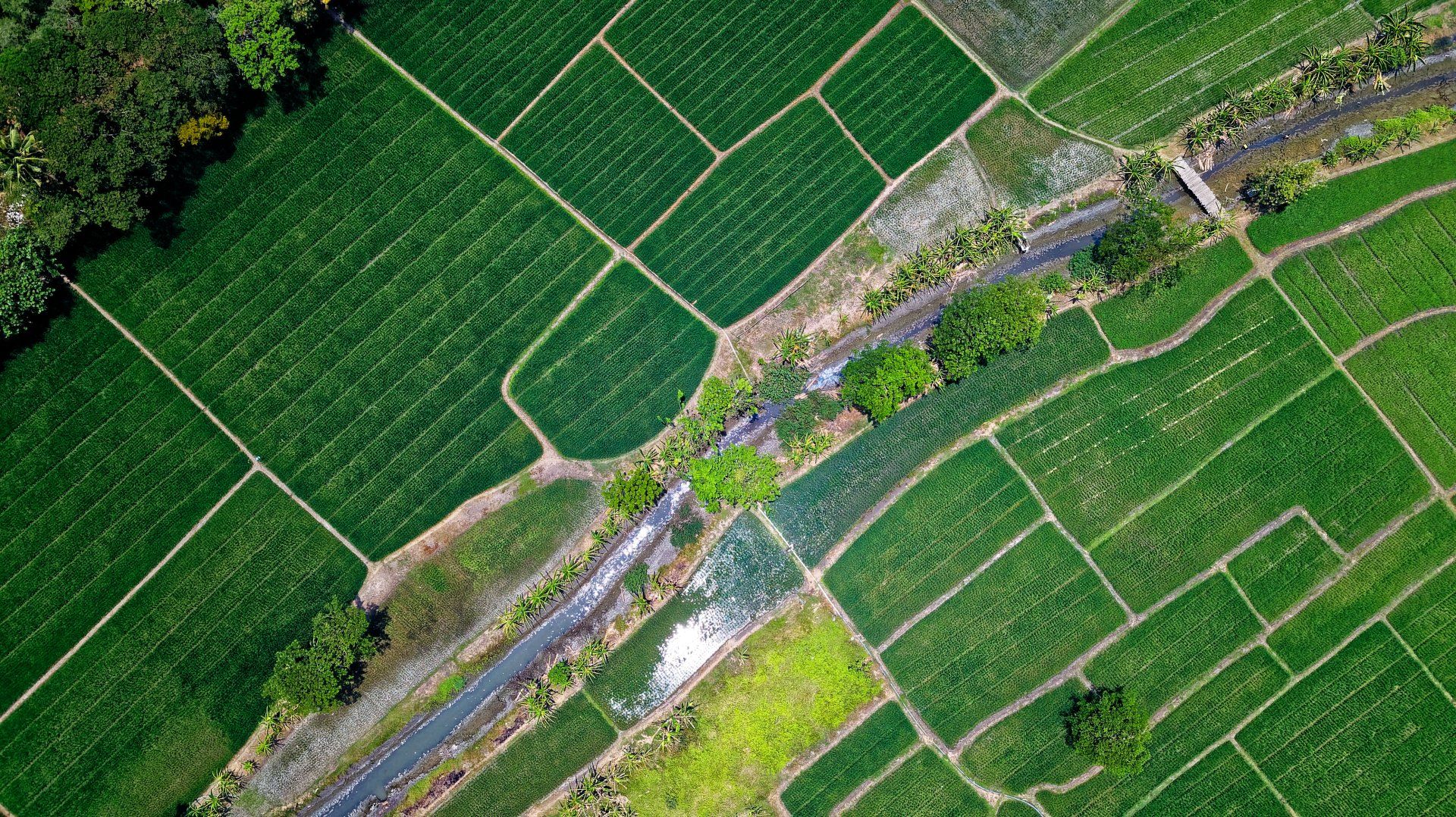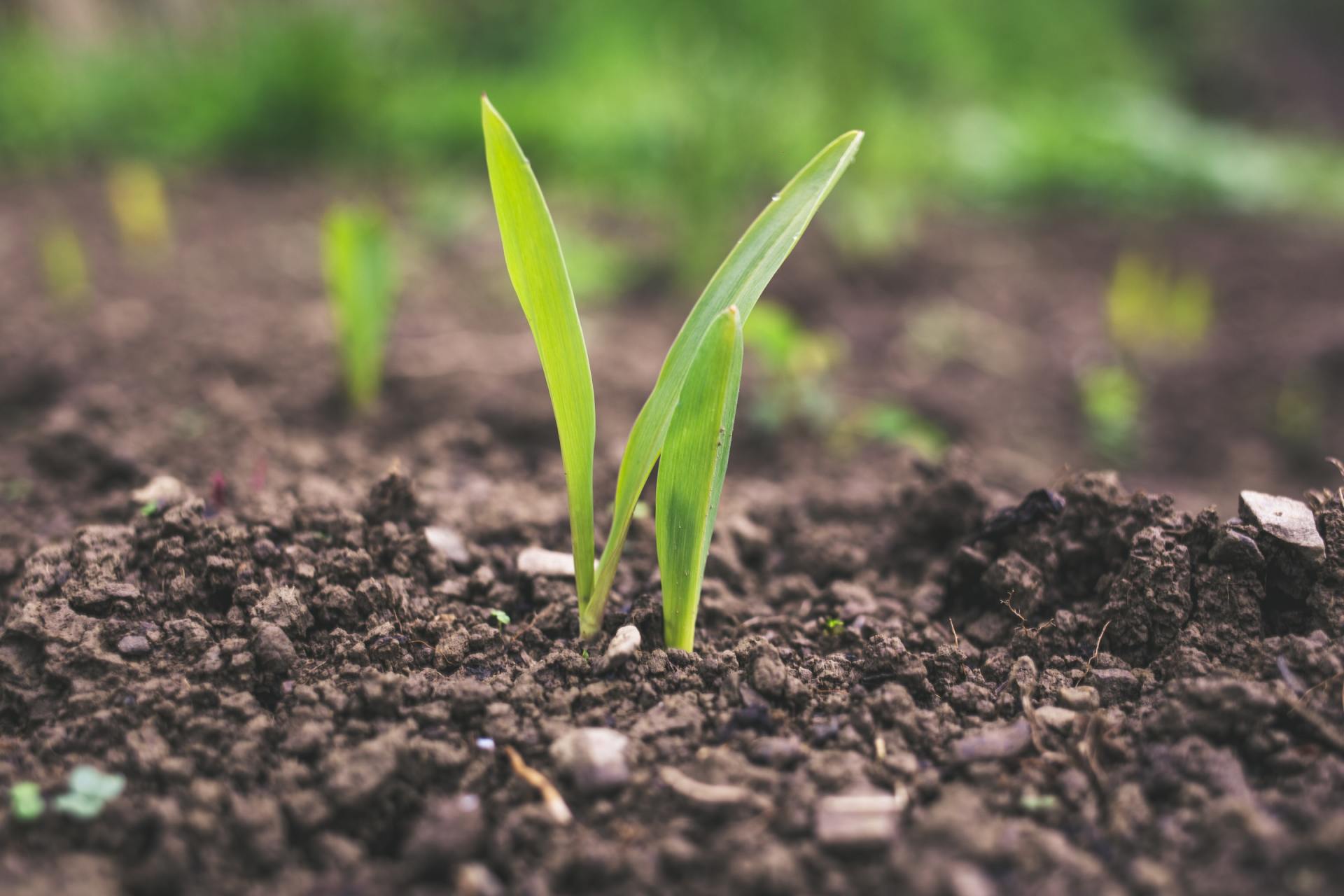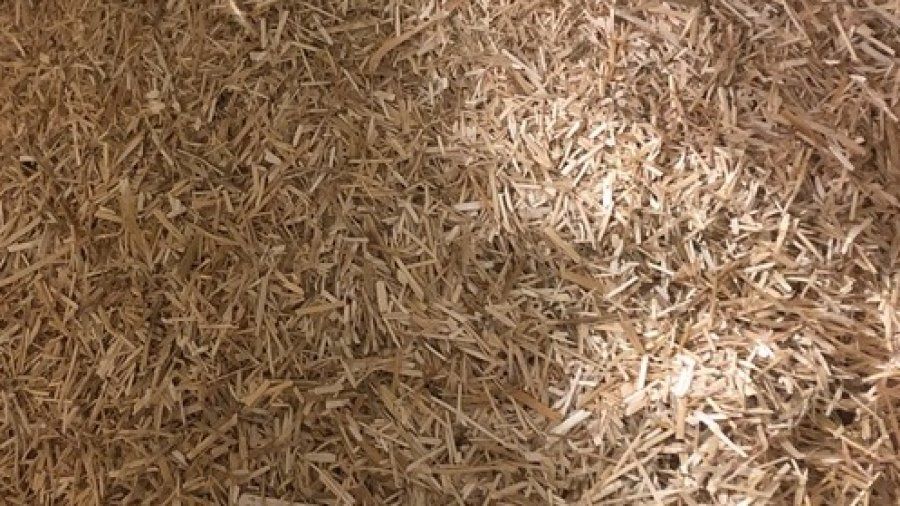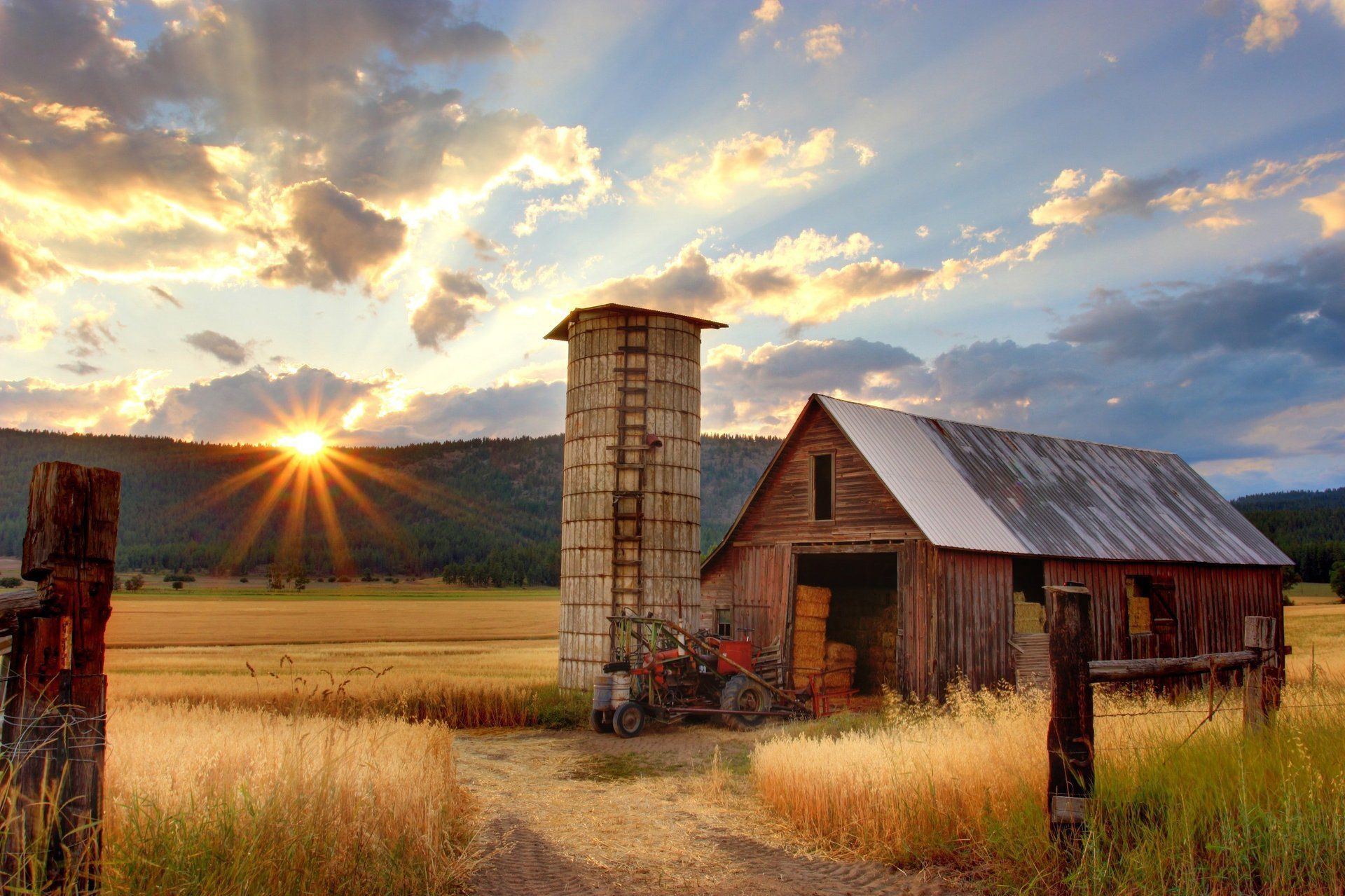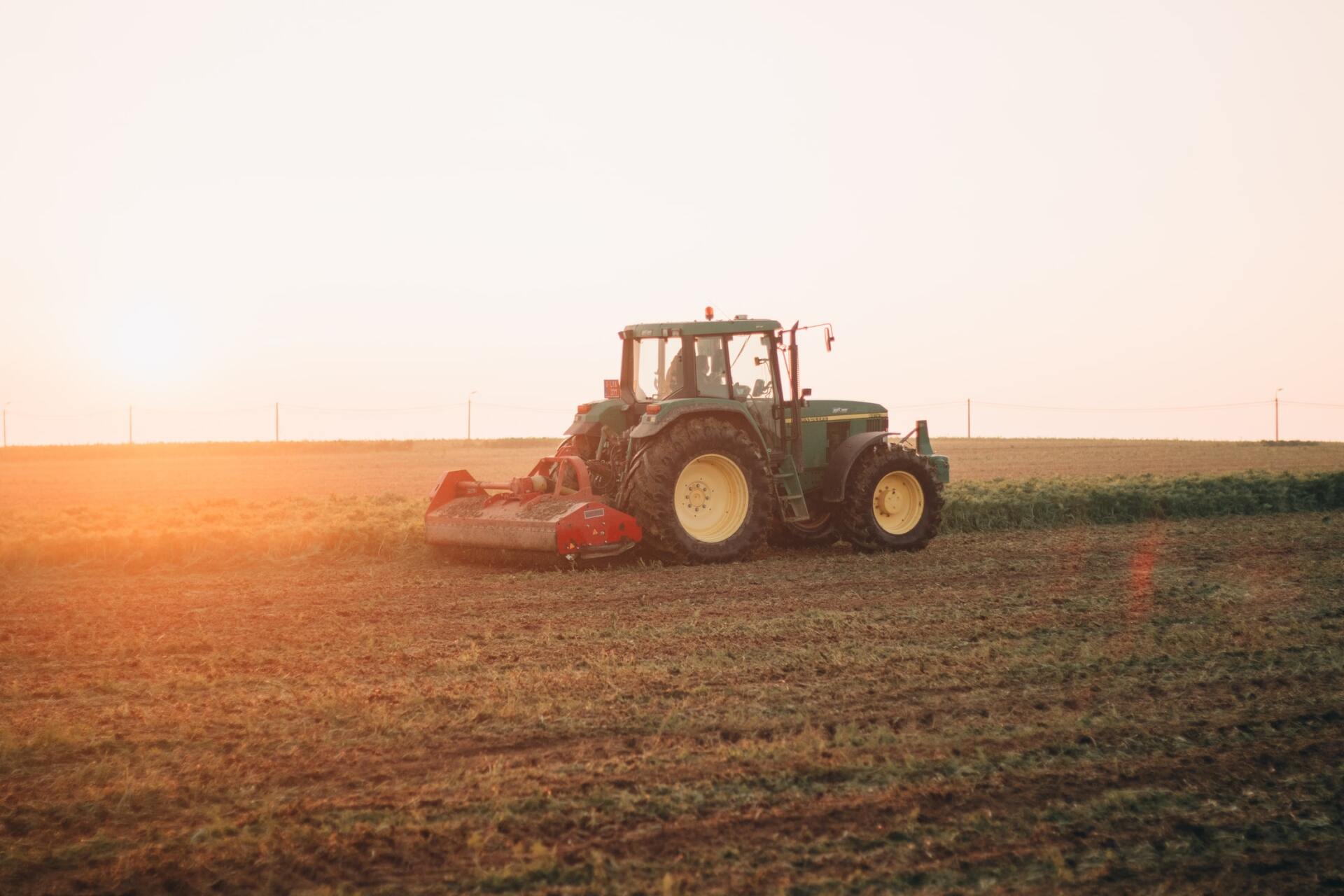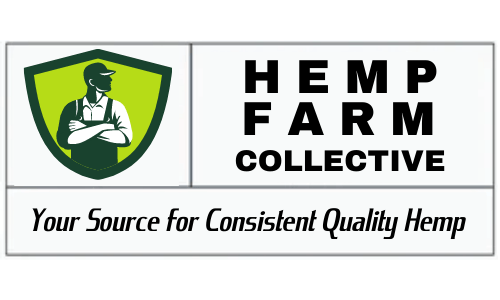Understanding Hemp Laws Across the U.S.
Learn to navigate the varying hemp laws in the US
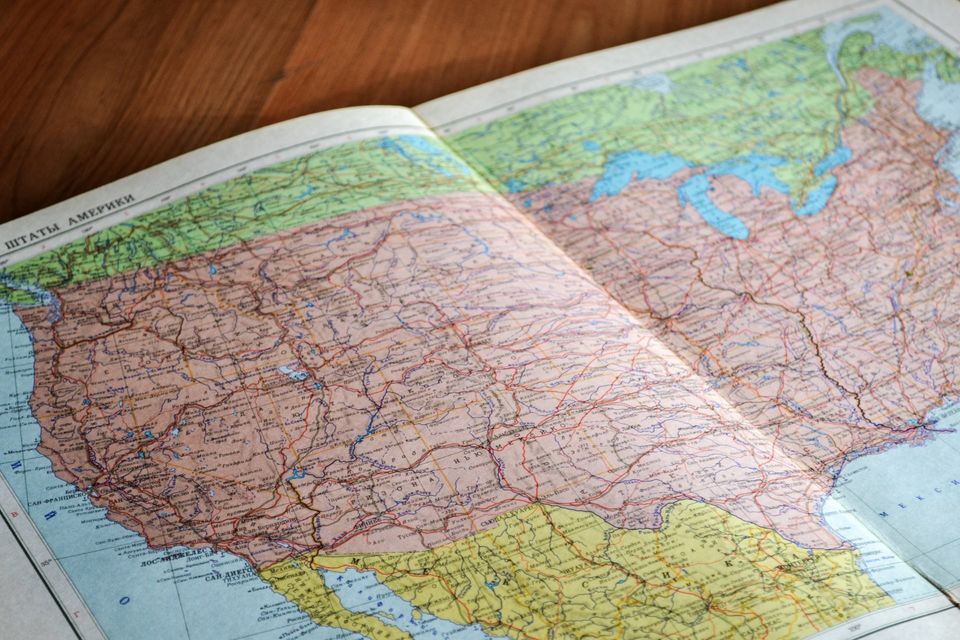
Thanks to an expansion in the Farm Bill in 2018, hemp is largely legal across the United States. At the federal level, industrial hemp may once again be used to develop new and refine known commercial products. Given this sweeping development, many states have taken the legality of hemp into their own hands, resulting in different levels of allowance depending on where in the country you’re attempting to utilize hemp products.
Below we look at where and how you can use hemp products throughout the country:
Current municipalities which do not allow the industrial growing of hemp number only three: Idaho, South Dakota, and Mississippi. While every state has considered the legalization of hemp growing programs, these holdouts are still maintaining their stance that federal regulation is not well suited for their current understanding of hemp and it’s commercial benefits. Due to this difference in legality between states,
importing
hemp and hemp products into these more restrictive states remains
legal
but difficult.
The other 47 states which currently
have hemp programs
are required to submit a detailed plan for their hemp programs before passing legislation for the inception of their commercial growing attempts. While some proponents have continued to push against federal oversight of hemp production, the United States government has begun to develop programs which help farmers grow and maintain their hemp crops. Starting in 2020, hemp farmers were able to apply for federally-issued crop insurance.
While federal oversight
has been weakening
on hemp options,
states assign their department of agriculture to oversee hemp growing
in their respective states. Due to each state’s department of agriculture being managed differently, every state’s policies on growing and processing is different. Business-friendly states such as Oregon and Colorado see hemp as a major opportunity for economic power. In order to follow up the department of agriculture’s positive stance on hemp’s potential, states like this have fully legalized hemp and all of it’s resulting products – including ingestibles.
Many states, such as California and Massachusetts, allow for the industrial growing of hemp, but still have hang ups surrounding the legality of ingestible products derived from hemp. To help regulate what hemp is legal to grow in these states with partial allowances, many governments allow hemp to be grown if the plants contain
no more than 0.3% THC
on a dry weight basis.
While technically hemp cultivation
could be legal in Idaho,
the state has elected to allow hemp to be grown
only if
the above mentioned percentage of THC per dry weight is
0.0%. There are currently no known varieties of hemp which contain such a percentage.
Despite being federally legal to grow hemp in Mississippi,
the state nearly
completely lacks legal regulation on the crop.
This incredibly loose framework is under reconsideration, but farmers cannot currently grow in the state without some degree of concern that their crops will be seized or that their business will be fined for growing hemp.
Thankfully most states have been kind in their development of hemp growing and producing practices. Aside from South Dakota and Idaho, transporting industrial hemp is likely to be a safe bet for all parties involved, even with Mississippi’s unclear laws.
If your business is ready to take the leap into utilizing hemp to develop stronger, more efficient products, or if you are currently purchasing hemp but unsatisfied with consistency and quality, consider us at Wholesale Quality Hemp. Our Hemp Farm Collective enables us to purchase directly from the farms at the best prices, with consistent third party tested quality, and pass the savings on to you.
To learn more, please
contact us today.
